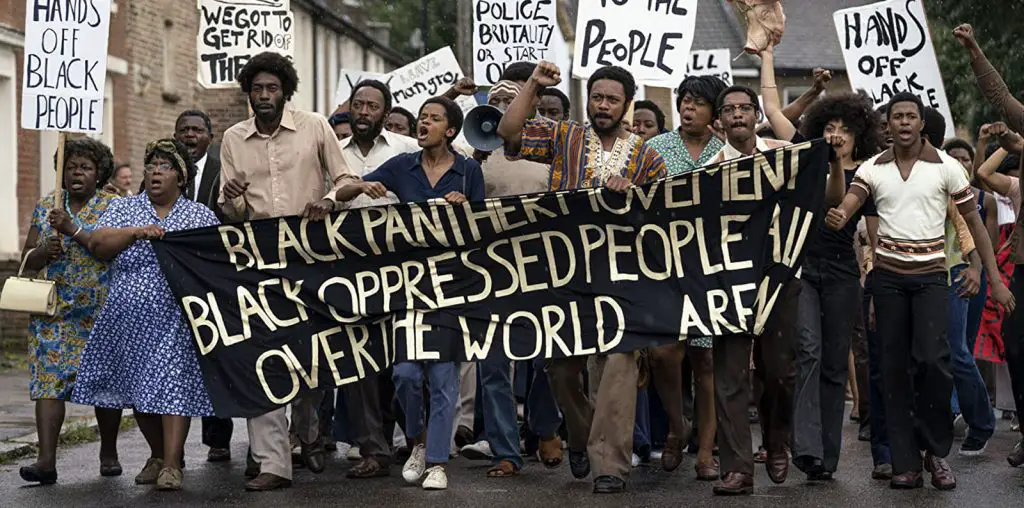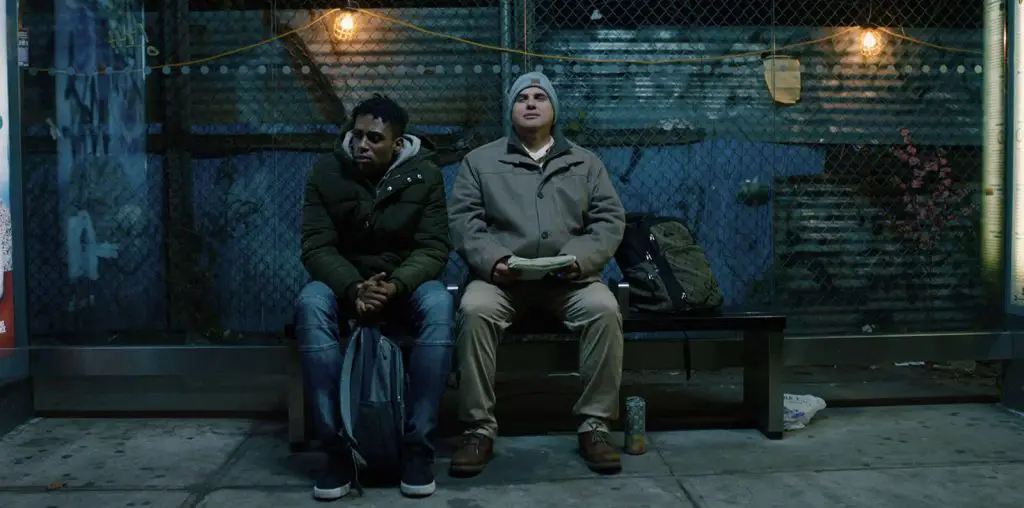
Asked about The Phantom Edits while backstage at this year’s MTV Movie Awards, Lucas responded that he had not seen either of the fan reinterpretations of The Phantom Menace, and that the penetration of them is testament to the Internet Age. Lucas would also be the first to recognize that the mere existence of them, ironically, is testament to his pioneering interest in developing new filmmaking technology, including non-linear, computer-based editing software, simplified versions of which can be installed on your iMAC or PC, and were most likely used by the phantom editors.
No matter what, Lucas and his band of lawyers will be unable to stop resourceful fans from distributing versions of his film considered by his disillusioned followers to be better than the original. But until The Phantom Menace is released on all-digital DVD, the current versions of The Phantom Edits, which were made from an all-analog VHS copy of the film, will fail to compensate for their picture and sound deficiencies; many fans are just as particular about presentation as Lucas is himself.
The Phantom Edits, and not The Phantom Menace, are the film event of the century. Filmmakers like George Lucas will continue to extol the liberating virtues of digital filmmaking in unlocking their imaginations, but in the case of The Phantom Menace, creative experimentation and exploration came at the expense of good storytelling. The real boon of this new filmmaking technology might not be to allow imaginative filmmakers to produce an undisciplined and unrestrained movie founded in their imaginations, but the ability it affords others to help filmmakers, lost in a morass of experimentation, to get back on the road of creative stringency by re-editing the filmmaker’s own film to better illustrate the failings of the film in a language a filmmaker like Lucas instantly understands.
George, welcome to the revolution!
Check out FILMTHREAT.com’s FEATURE ARCHIVES and read more insightful stories, expert analysis, gut-busting satire and caustic commentary!


